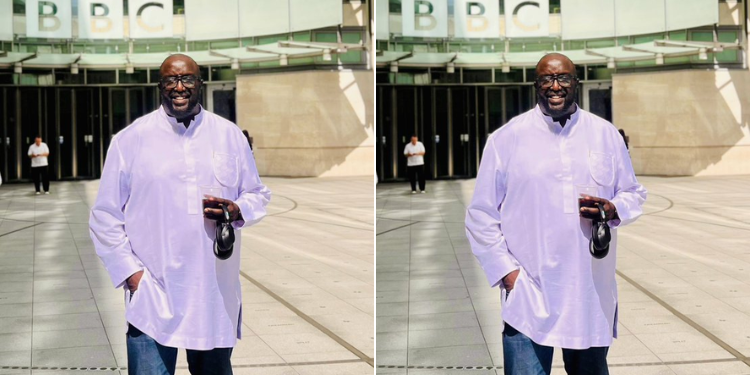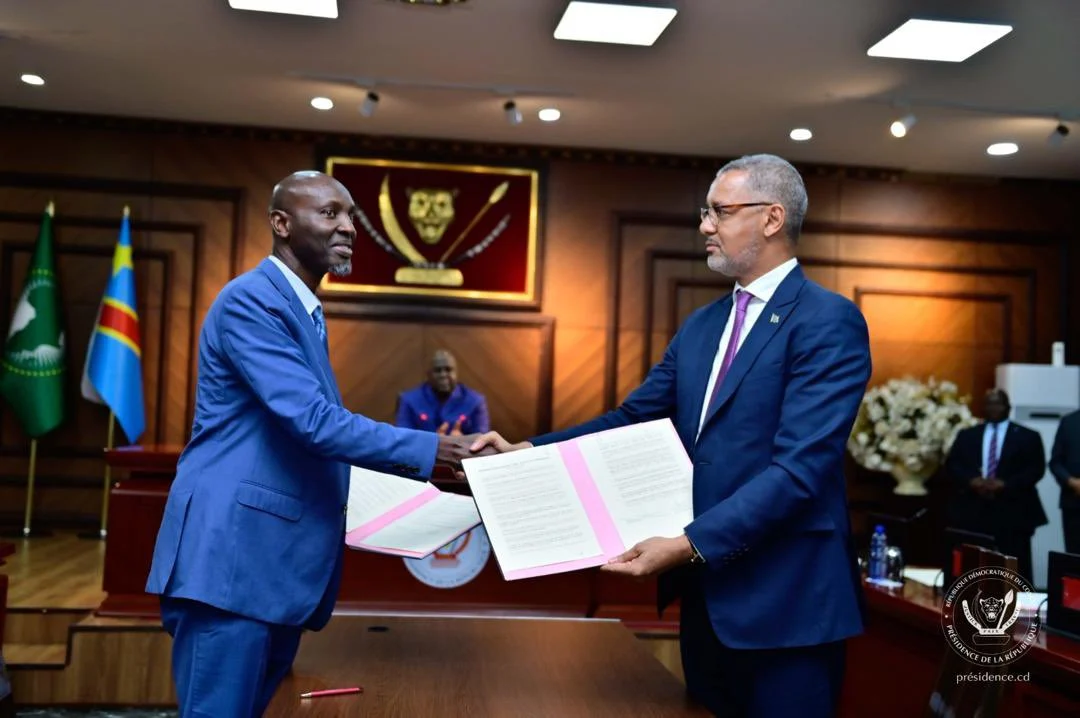Marie Gaëlla Dushime, a 19-year-old student from Burundi, achieved what many consider impossible — she was accepted into Harvard University, one of the most prestigious institutions in the world. For a young woman from a country where less than 7% of students attend college, this wasn’t just a personal success — it was a national moment of pride.
On December 12, 2024, Marie crouched on the dirt ground near her school’s courtyard — the only place she could get a stable internet connection — and opened her laptop to check her admission result. When she saw the Harvard acceptance confetti appear, she ran across campus, overwhelmed with joy. Her classmates, teachers, and the entire school joined her in celebration.
Coming from a large, modest family in Burundi, Marie had always depended on scholarships and support from people who believed in her potential. Her education at a nonprofit high school had prepared her for this life-changing moment.
For her, Harvard wasn’t just a place to study — it was a step toward her dream of returning home to help build a better Burundi, inspired by other Burundians who had studied abroad and returned to create positive change.
After securing a full scholarship from Harvard, all she needed was a student visa to begin her studies. She was initially approved, told to return the next day to pick it up. But when she came back, the visa wasn’t ready. She was told to wait for an email with a pickup date.
That email never came.
While waiting, Marie received heartbreaking news: Burundi had been added to a U.S. travel ban list, announced under former President Donald Trump. The ban was set to take effect in early June 2025. A string of national holidays meant the U.S. Embassy in Burundi was closed for several days, and Marie had no way to collect her visa.
Despite her best efforts — calling, emailing, and even visiting the embassy — the reply came too late. The ban had taken effect. Her visa was now invalid.
When she finally got her passport back, it had a painful message stamped inside: “Cancelled Without Prejudice” — a bureaucratic phrase, but one that erased the future she had earned.
To make matters worse, she later learned the visa had been approved and printed weeks earlier — before the ban. Had it been issued on time, Marie could have started her Harvard journey.
Marie’s story is not unique. Other Burundian students, like Quéren Kubwarugira, a Huntsman Scholar at the University of Pennsylvania, also had their studies interrupted by the same travel ban. Quéren was stuck in Paris, unable to return to her program after a summer internship.
Around the world, many students — especially from smaller or poorer nations — are facing the same barriers. According to global education data, 1 in 5 international students delay their studies due to visa issues, despite being accepted into top universities.
Marie continues to receive emails from Harvard, including orientation schedules and welcome messages from classmates. Each one reminds her of what could have been.
Marie’s story is a powerful example of what happens when politics silence potential. She says her dream of going to Harvard wasn’t just hers — it belonged to every Burundian student who dared to dream big.
“I share my story because this isn’t just about me,” she writes. “It’s about what happens when a future is quietly erased by policy, delay, or indifference.”
Now, she is applying again — still studying, still hopeful, and still believing that doors can open again.
Behind every visa is a student with a dream, a family that believes in them, and a community they hope to serve. Students like Marie deserve not to be seen as exceptions — but as examples of what’s possible when given a chance.



